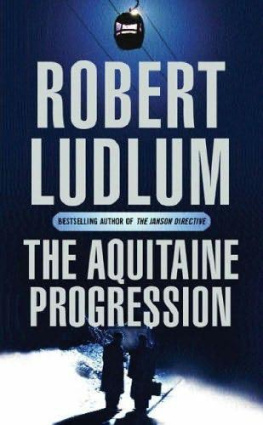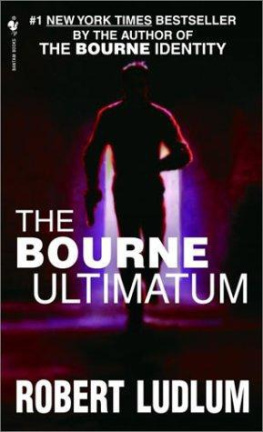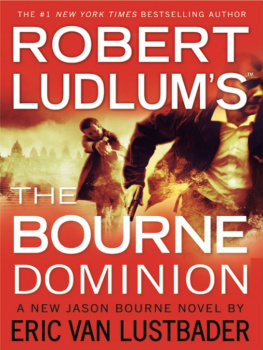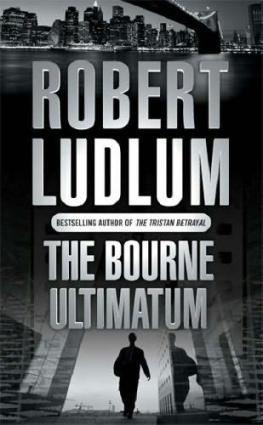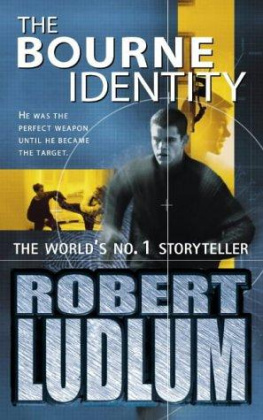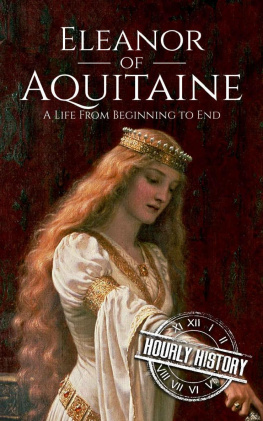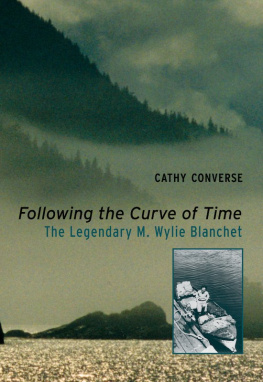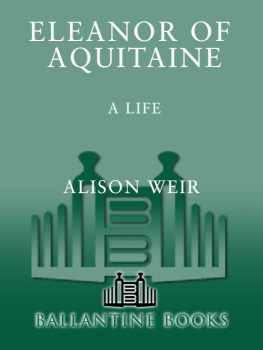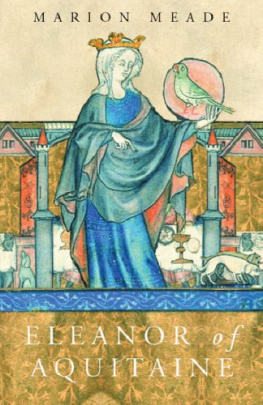The Aquaintaine Progession
The Aquaintaine Progession
The Aquaintaine Progession
PART ONE
Geneva. City of sunlight and bright reflections. Of billowing white sails on the lake sturdy, irregular buildings above, their rippling images on the water below. Of myriad flowers surrounding blue-green pools of fountains duets of exploding colors. Of small quaint bridges arching over the glassy surfaces of man-made ponds to tiny man-made islands, sanctuaries for lovers and friend sand quiet negotiators. Reflections.
Geneva, the old and the new. City of high medieval walls and glistening tinted glass, of sacred cathedrals and less holy institutions. Of sidewalk cafes and lakeside concerts, of miniature piers and gaily painted boats that chug around the vastshoreline, the guides extolling the virtues and theestimated value of the lakefront estates that surelybelong to another time.
Geneva. City of purpose, dedicated to the necessity of dedication, frivolity tolerated only when intrinsic to the agenda or the deal. Laughter is measured, controlled glances conveying approval of sufficiency or admonishing excess. The canton by the lake knows its soul. Its beauty coexists with industry, the balance not only accepted but jealously guarded.
Geneva. City also of the unexpected, of predictability in conflict with sudden unwanted revelation, the violence of the mind struck by bolts of personal lightning.
Cracks of thunder follow; the skies grow darkand the rains come. A deluge, pounding the angry waters taken by surprise, distorting vision, crashing down on the giant spray, Genevas trademark on the lake, the jet d ear, that geyser designed by man todazzle man. When sudden revelations come, thegigantic fountain dies. All the fountains die andwithout the sunlight the flowers wither. The brightreflections are gone and the mind is frozen.
Geneva. City of inconstancy.
* * *
Joel Converse, attorney-at-law, walked out ofthe hotel Richemond into the blinding morning sunlight on the Jardin Brunswick. Squinting, heturned left, shifting his attache case to his righthand, conscious of the value of its contents butthinking primarily about the man he was to meetfor coffee and croissants at Le Chat Botte, asidewalk cafe across from the waterfront. Re-meetwas more accurate, thought Converse, if the manhad not confused him with someone else.
A. Preston Halliday was Joels Americanadversary in the current negotiations, the finalisingof last-minute details for a Swiss-American mergerthat had brought both men to Ge neva. Althoughthe remaining work was minimal formalities,really, research having established that theagreements were in accord with the laws of bothcountries and acceptable to the International Courtin The Hague Halliday was an odd choice. He hadnot been part of the American legal team fielded bythe Swiss to keep tabs on Joels firm. That in itselfwould not have excluded him fresh observationwas frequently an asset but to elevate him to theposition of point, or chief spokesman, was, to saythe least, unorthodox. It was also unsettling.
Hallidays reputation what little Converse knewof it was as a troubleshooter, a legal mechanicfrom San Francisco who could spot a loose wire, ripit out and short an engine. Negotiations coveringmonths and costing hundreds of thousands had beenaborted by his presence, that much Converserecalled about A. Preston Halliday. But that was allhe recalled. Yet Halliday said they knew each other.
Its Press Halliday, the voice had announced over the hotel phone. Im pointing for Rosen in the Comm Tech-gem merger.
What happened?Joel had asked, a mutedelectric razor in his left hand, his mind trying tolocate the name; it had come to him by the timeHalliday replied.
The poor bastard had a stroke, so his partnerscalled me in. The lawyer had paused. You musthave been mean, counselor.
We rarely argued, counselor. Christ, Im sorry,I like Aaron. How is he?
Hell make it. Theyve got him in bed and on adozen versions of chicken soup. He told me to tellyou hes going to check your finals for invisible ink.
Which means you "re going to check because Idont have any and neither did Aaron. This marriageis based on pure greed, and if youve studied thepapers you know that as well as I do.
The larceny of investment write-offs, agreedHalliday, combined with a large chunk of atechnological market. No invisible ink. But since Imthe new boy on the block, Ive got a couple ofquestions. Lets have breakfast.
I was about to order room service.
Its a nice morning, why not get some air? Im at the President, so lets split the distance. Do you know the Chat Botte?
"American coffee and croissants. Quai du MontBlanc.- You know it. How about twenty minutes?
Make it a half hour, okay?
Sure. Halliday had paused again. Itll be goodto see you again, Joel.
Oh? Again?
You may not remember. A lots happened since those days... more to you than to me, Im afraid.
Im not following you.
Well, there was Vietnam and you were aprisoner for a pretty long time.
Thats not what I meant, and it was years ago.How do we know each other? What case?
No case, no business. We were classmates.
Duke? Its a large law school.
Further back. Maybe youll remember when wesee each other. If you dont, Ill remind you.
You must like games. Half an hour. Chat Botte.
As Converse walked toward the Quai du MontBlanc, the vibrant boulevard fronting the lake, hetried to fit Hallidays name into a time frame, theyears to a school, a forgotten face to match anunremembered classmate. None came, and Hallidaywas not a common name, the short form Presseven less so... unique, actually. If he had knownsomeone named Press Halliday, he could notimagine forgetting it. Yet the tone of voice hadimplied familiarity, even closeness.
Itll be good to see you again, Joel. He had spokenthe words warmly, as he had the gratuitous referenceto Joels POW status. But then, those words werealways spoken softly to imply sympathy if not toexpress it overtly. Too, Converse understood whyunder the circumstances Halliday felt he had
to bring up the subject of Vietnam, even fleetingly.The uninitiated assumed that all men imprisoned inthe North Vietnamese camps for any length of timehad been mentally damaged, per se, that a part oftheir minds had been altered by the experience,their recollections muddled. To a degree, some ofthese assumptions were undeniable, but not with re-spect to memory. Memories were sharpened becausethey were searched compulsively, often mercilessly.The accumulated years, the layers of experience ... faces with eyes and voices, bodies of all sizes andshapes; scenes flashing across the inner screen, thesights and sounds, images and smells touching andthe desire to touch... nothing of the past was tooinconsequential to peel away and explore. Fre-quently it was all they had, especially atnight always at night, with the cold, penetratingdampness stiffening the body and the infinitelycolder fear paralysing the mind memories wereeverything. They helped mute the sharp reports ofsmall-arms fire, which were gratuitously explained inthe mornings as necessary executions of the unco-operative and unrepentant. Or they blocked out thedistant screams in the dark, of even moreunfortunate prisoners forced to play games, tooobscene to describe, demanded by their captors insearch of amusement.
Like most men kept isolated for the greater partof their imprisonment, Converse had examined andreexamined every stage of his life, trying tounderstand... to like... the cohesive whole. Therewas much that he did not understand or like buthe could live with the product of those intensiveinvestigations. Die with it, if he had to; that was thepeace he had to reach for himself. Without it thefear was intolerable.

